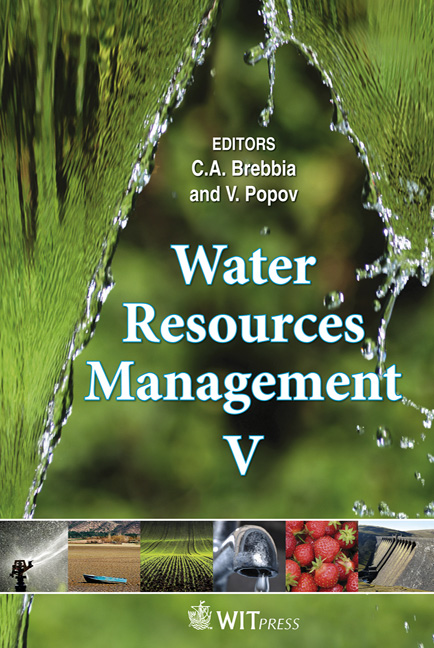Investigating Soil–plant Relationships For Sustainable Management Of Irrigation With Saline Water In A Sicilian Vineyard
Price
Free (open access)
Transaction
Volume
125
Pages
11
Page Range
525 - 535
Published
2009
Size
1,175 kb
Paper DOI
10.2495/WRM090471
Copyright
WIT Press
Author(s)
G. Crescimanno, K. B. Marcum, C. Reina & A.Versaci
Abstract
Water demand is increasing worldwide. In regions affected by water scarcity such as those located in the Mediterranean basin, water supplies are already degraded, or subjected to degradation processes, which worsen the shortage of water. In such regions, competition for scarce water resources among users will inevitably reduce the supplies of freshwater available for crop irrigation. Detailed studies and experimental projects are needed to develop management scenarios aimed at preventing desertification and conflicts for use of the increasingly limited water resources and cultivable land. This paper illustrates soil-plant responses to irrigation with saline water in a Sicilian vineyard located in a wine production area (Mazara del Vallo, Trapani, TP). Two irrigation treatments of different salinities, R and L, having electrical conductivities of 0.6 and 1.6 dS m-1, respectively, were applied at several dates, using a drip system, in a silty-clay soil. Soil measurements were taken to monitor water content (θ) and EC of saturated extract (ECsat). Plant responses to water and salinity conditions were explored by measuring crop transpiration (T) and stomatal conductance (Gs) at several dates during the irrigated season. Results showed that significantly lower T and Gs values were measured in field sites with lowest and highest ECsat. Keywords: soil, plant, irrigation, salinization.
Keywords
soil, plant, irrigation, salinization





